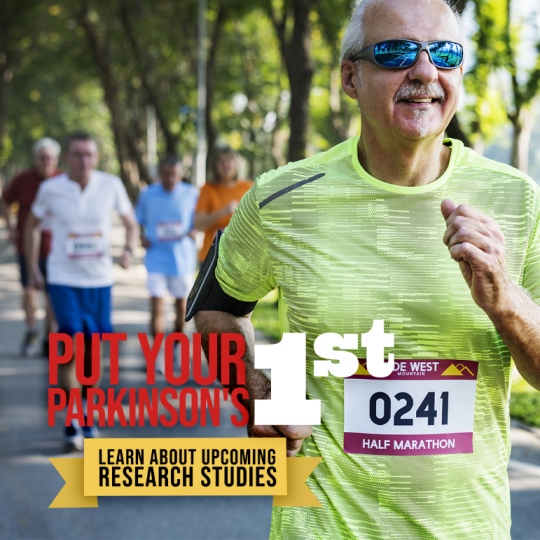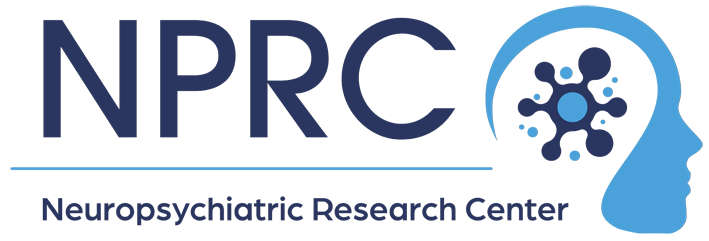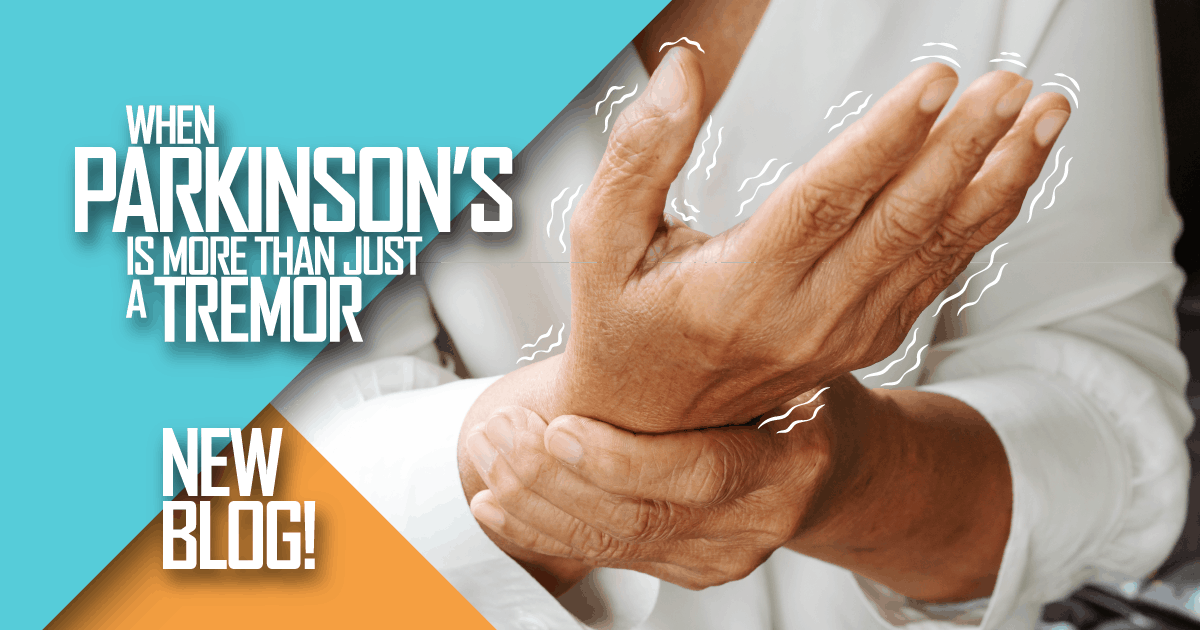Involuntary hand movements, or tremors, are common in middle and older age. Each person has a physiological tremor, which is usually not noticeable and is naturally occurring. Tremors are the most acknowledged Parkinson’s disease symptom. They happen in the beginning stages of the disease progression. However, other medical conditions can result in tremors, and each has a different treatment. If caught in the early stages, Parkinson’s can be better managed. Therefore, by knowing what to look for, you can seek the appropriate help.
Parkinson’s Tremors

Parkinson’s disease (PD) is a progressive neurological movement disorder that causes specific dopamine-producing brain neurons to breakdown or die. The chemical dopamine is responsible for a series of behavior and physical functions, including movement. Early symptoms could differ from person to person and may easily be missed. A few of the initial PD symptoms include:
- Changes in Handwriting– Writing becomes small or cramped.
- Tremor– Shaking begins in a limb, particularly a hand or finger. Rubbing the thumb and forefinger back and forth (pill-rolling motion). The hand may still tremor even at rest.
- Masking– Rigid facial expression can cause someone with PD to have
an angry look, even when they are happy. - Voice Changes– Lower volume, monotone, slurring, or hesitation when speaking.
- Bradykinesia– Stiff limbs or slowed movement.
Approximately one million people in the United States are living with Parkinson’s disease. PD occurs more often in men and typically develops around the age of 60 or older.
Treatments and Clinical Research
Talk with your doctor if you have been experiencing any movement changes, even if things don’t feel right. Additional conditions that may cause tremors can be related to alcohol or drug withdrawal, stroke-related, damage to the brain, or medication use, so it is crucial to get checked out.
The cause of PD remains unclear, and there is no present cure. Existing treatments help manage symptoms, along with lifestyle changes, occupational, and speech therapy. Continuing research is necessary to better understand if prevention is possible with PD and improve available treatment options. Clinical research studies depend on the participation of volunteers to make these advancements achievable.

To learn more about NPRC’s upcoming Parkinson’s disease studies, click here. Qualified participants receive study-related care and management and may receive reimbursement for time and travel.
References:
https://www.healthline.com/health/parkinsons-warning-signs
https://www.health.harvard.edu/diseases-and-conditions/whats-causing-your-shaky-hands
https://www.mayoclinic.org/diseases-conditions/parkinsons-disease/symptoms-causes/syc-20376055





